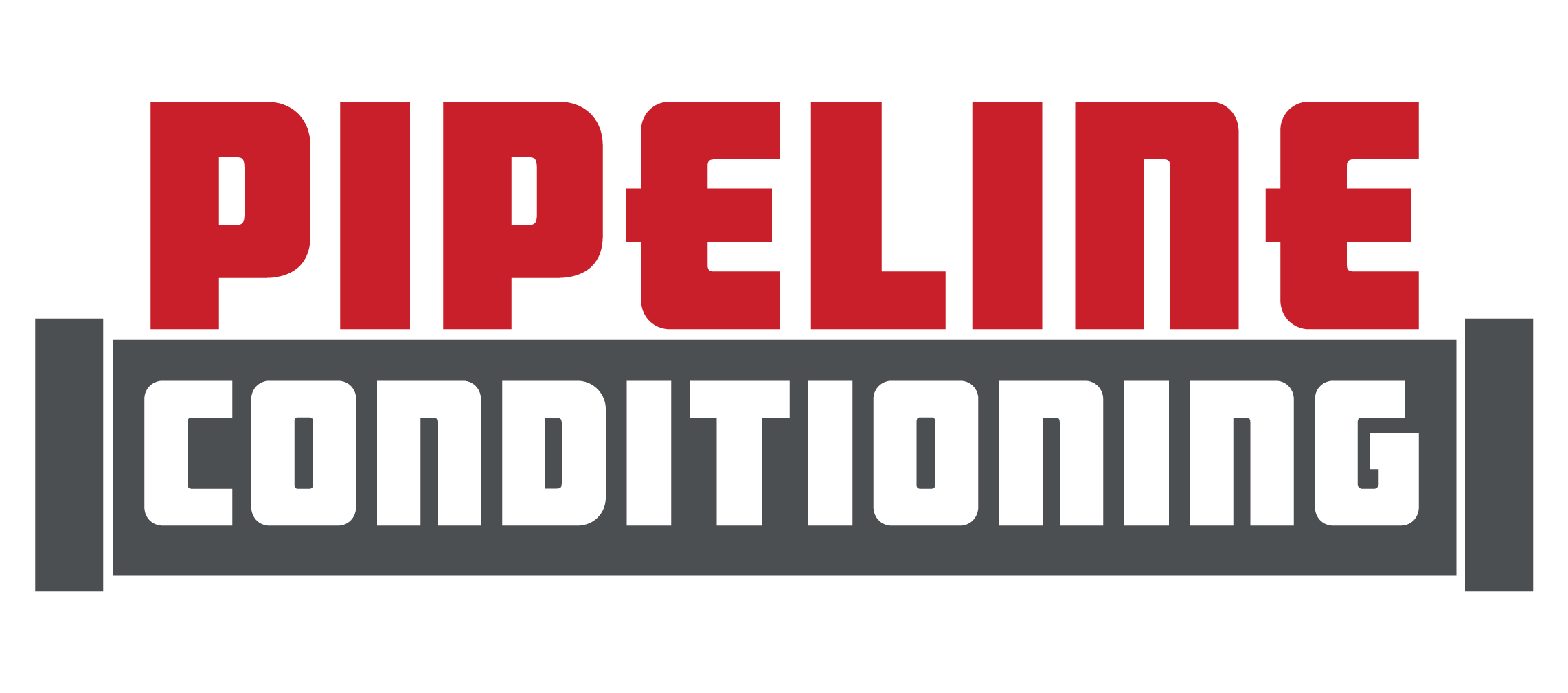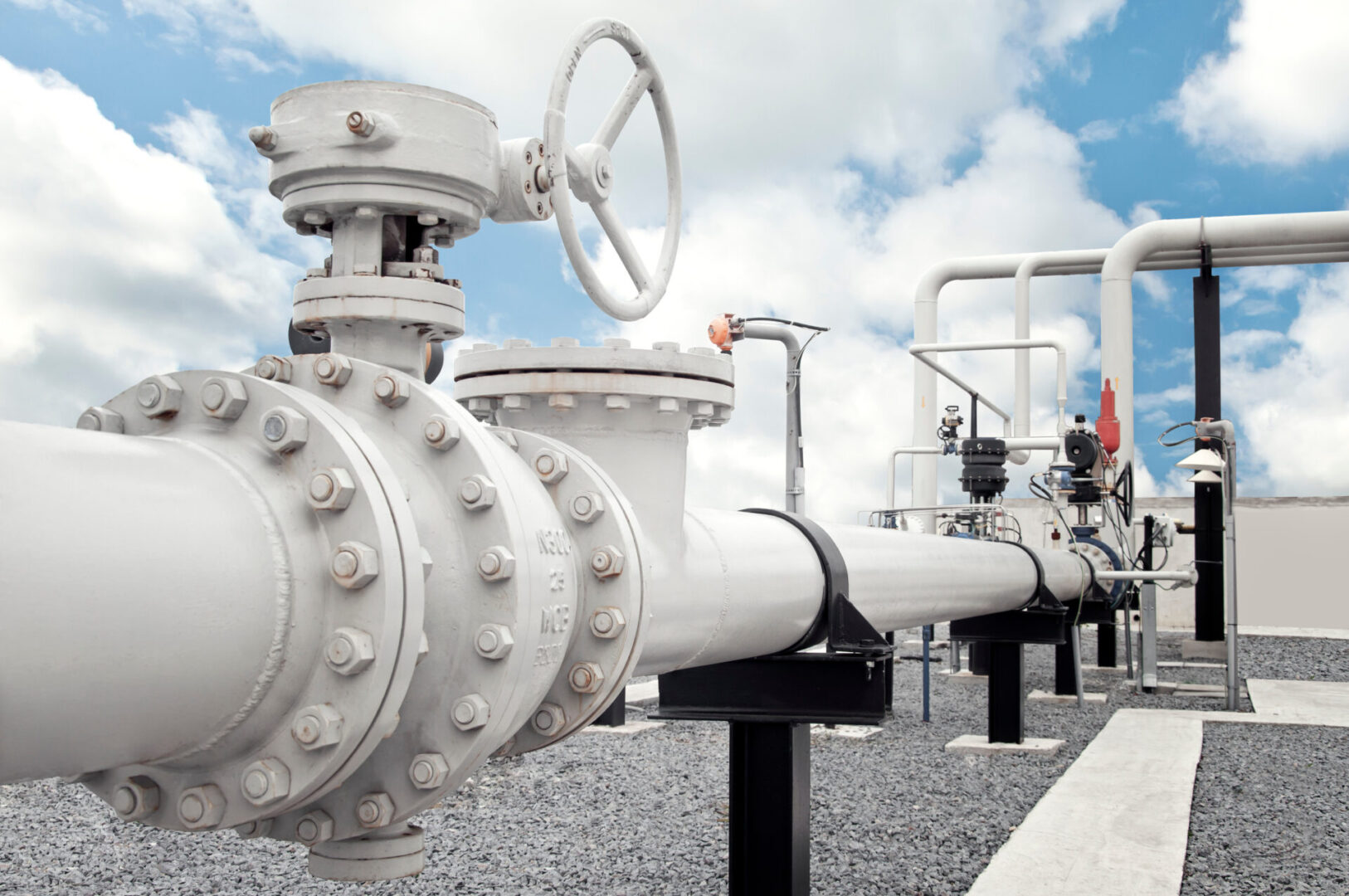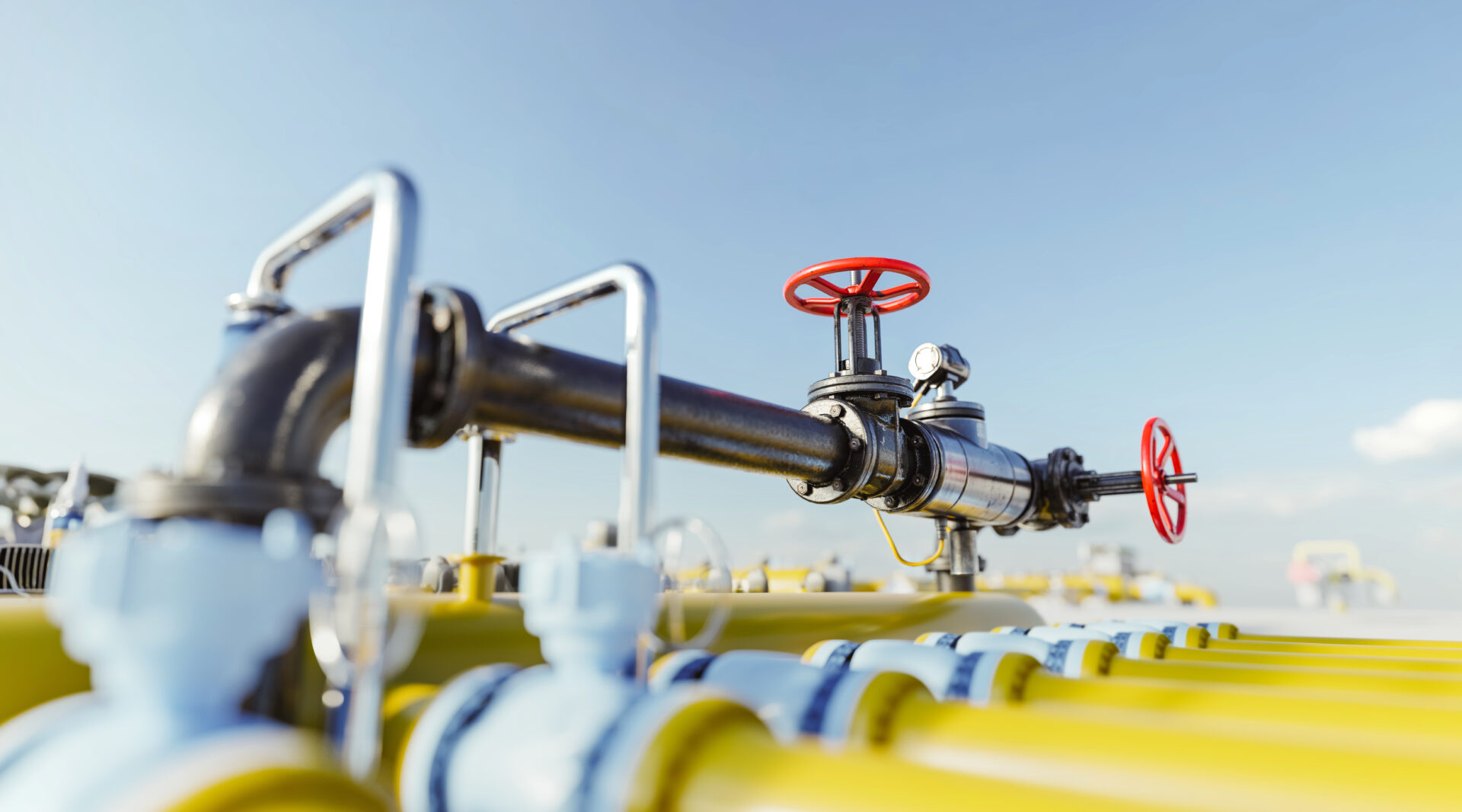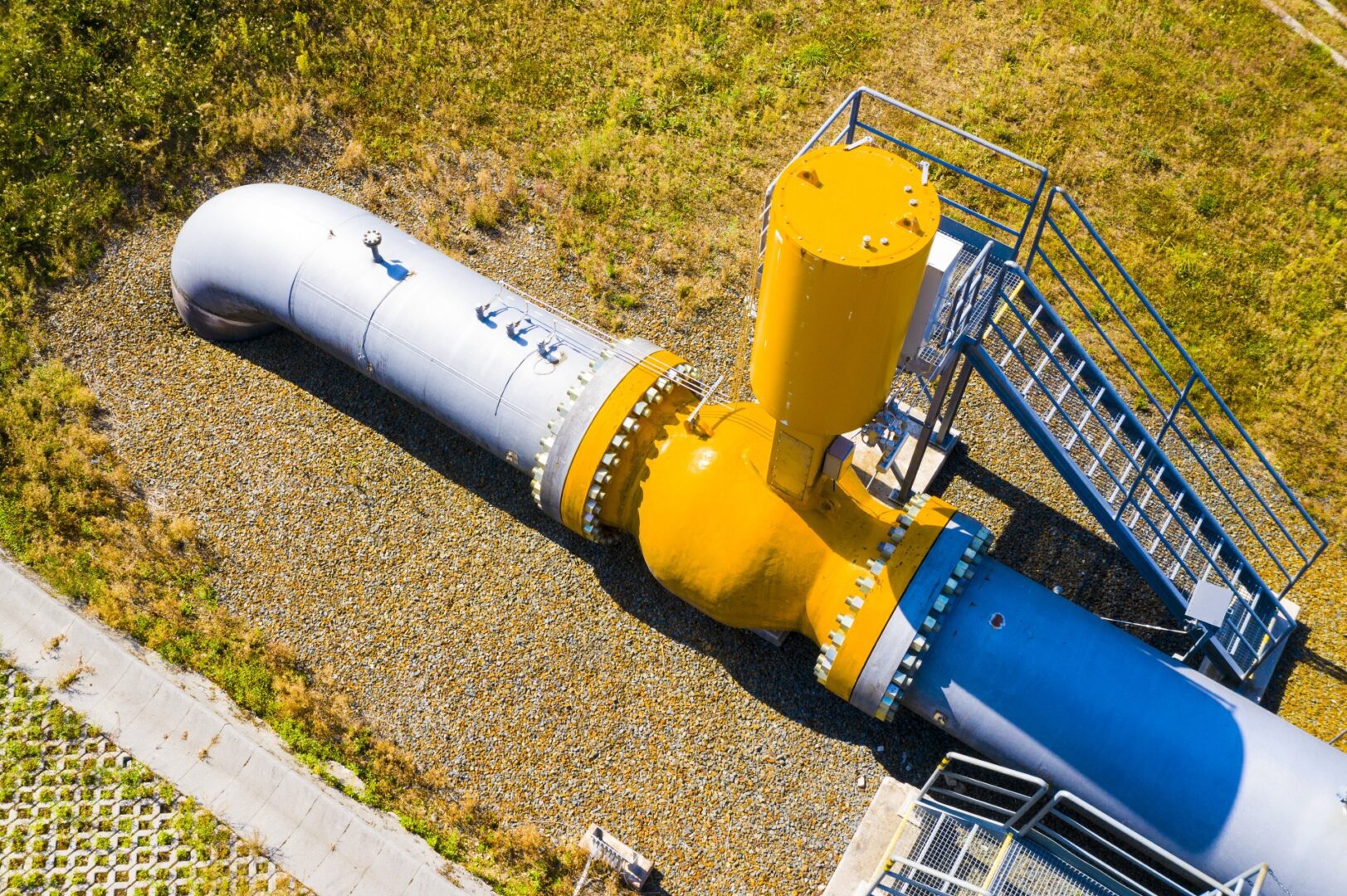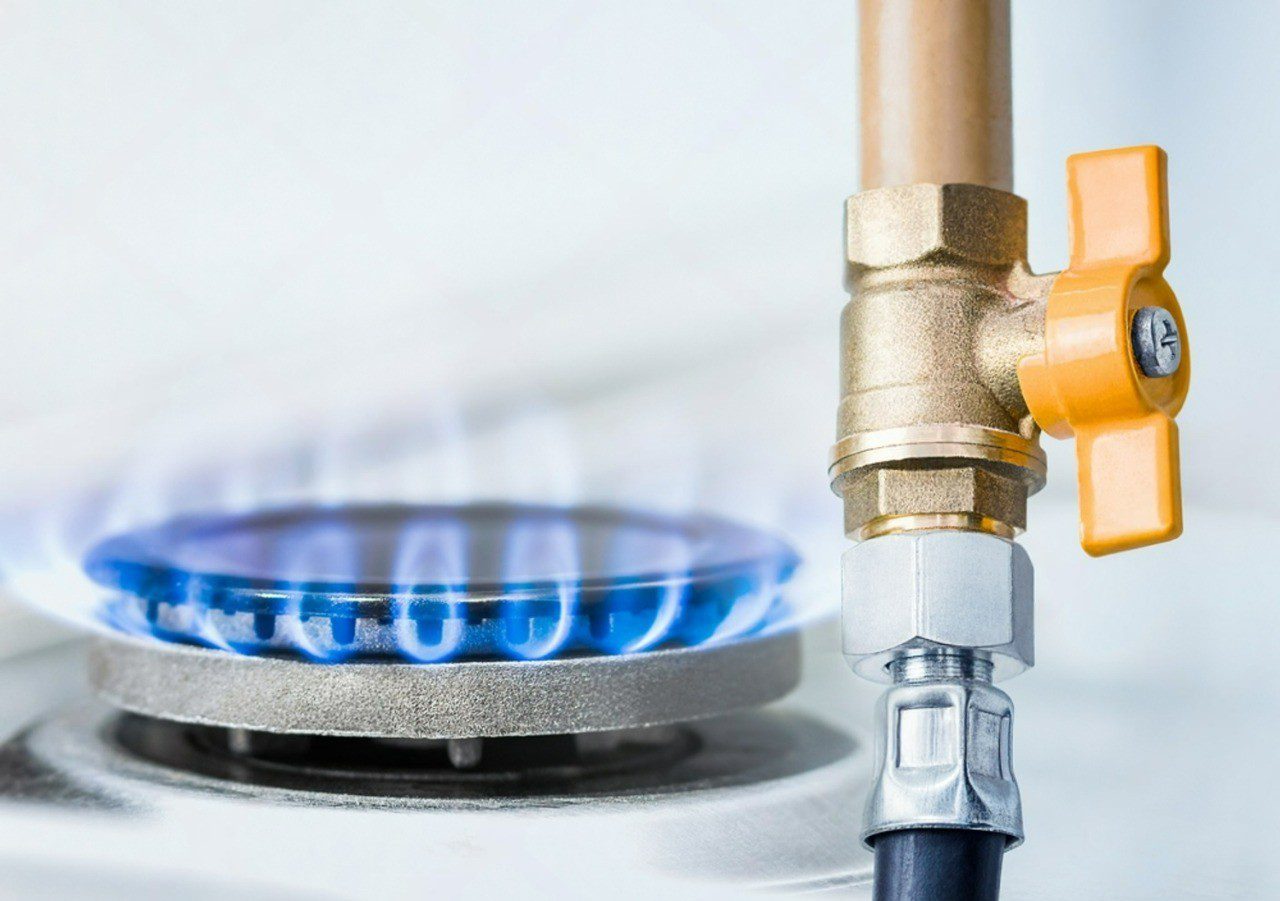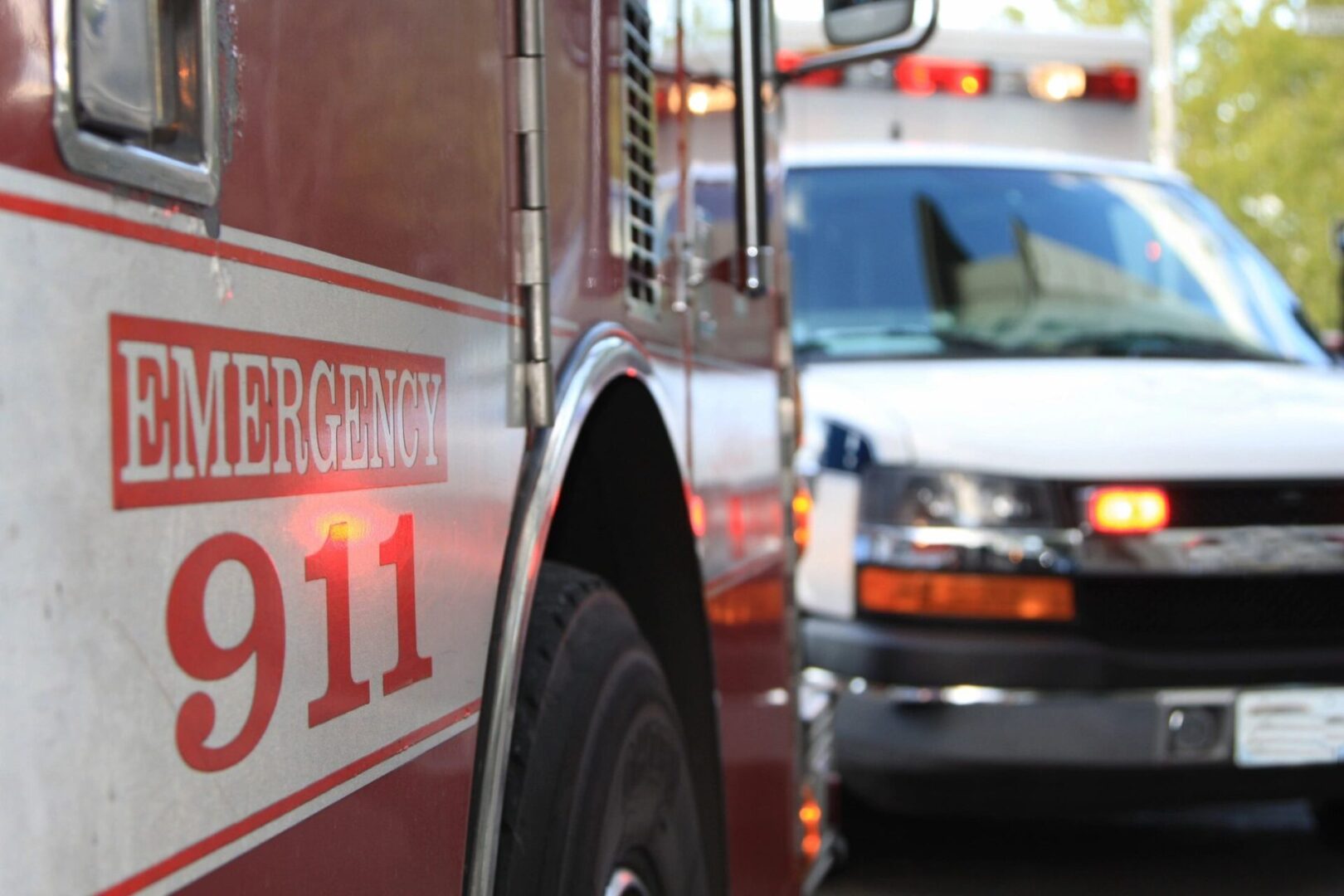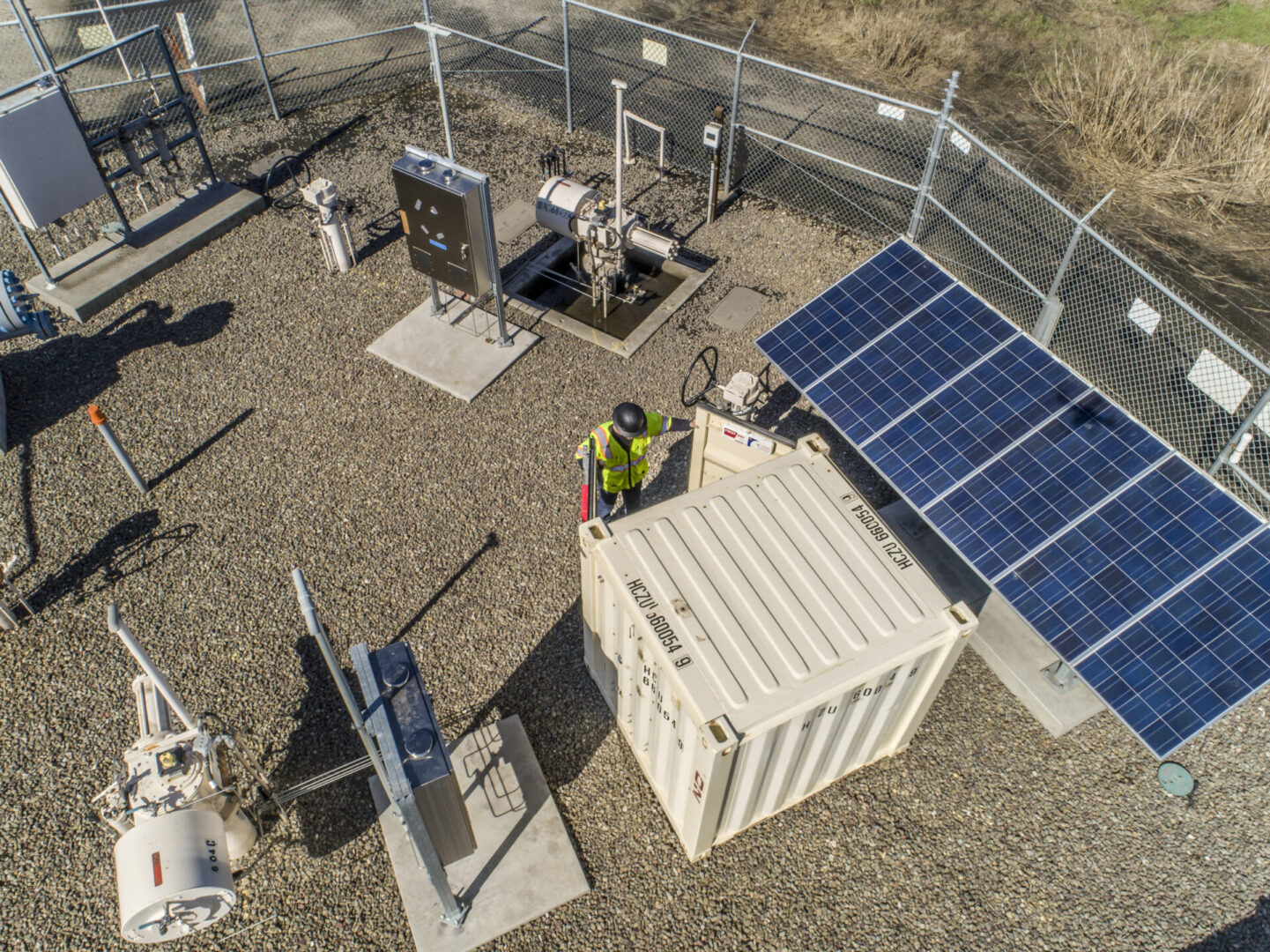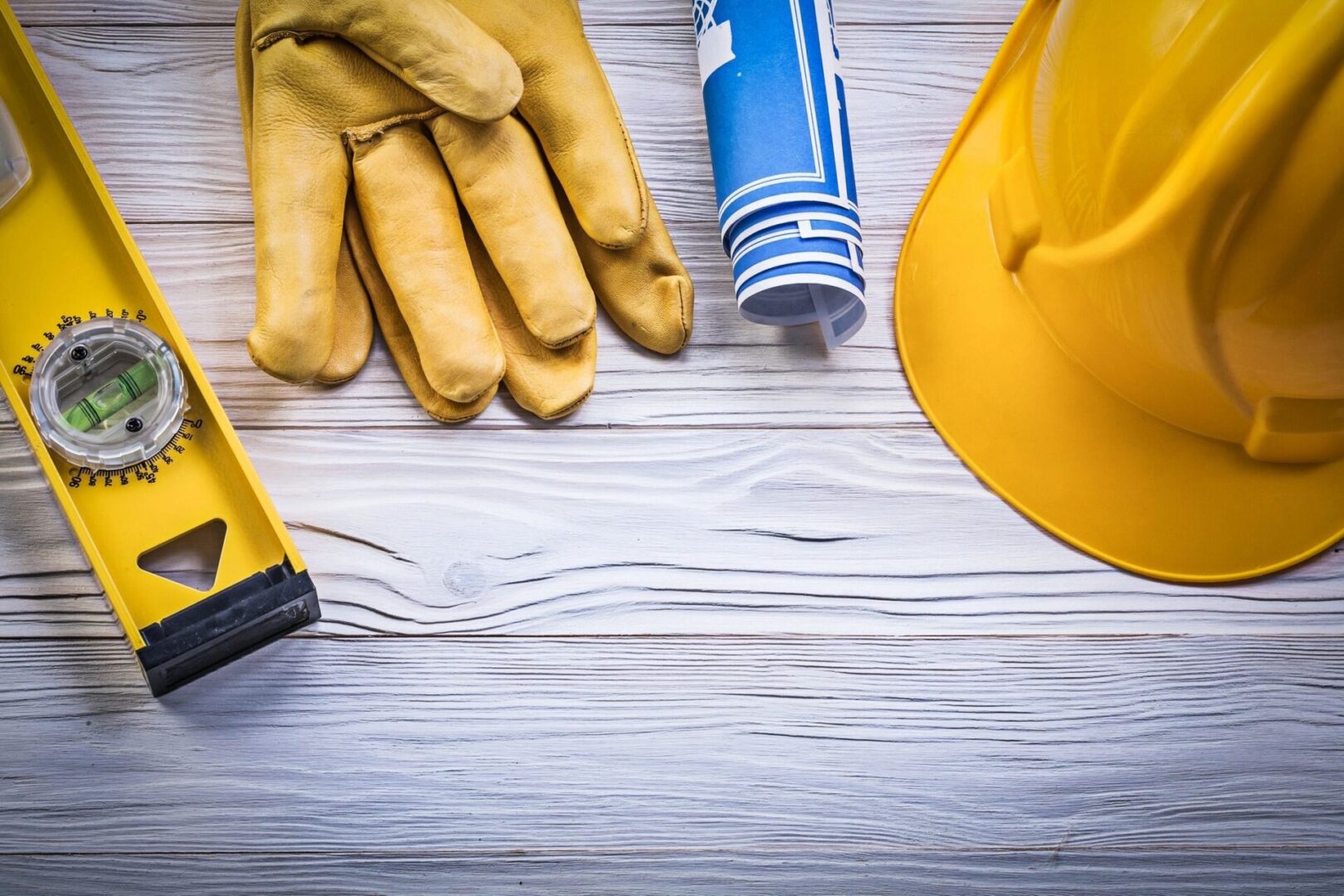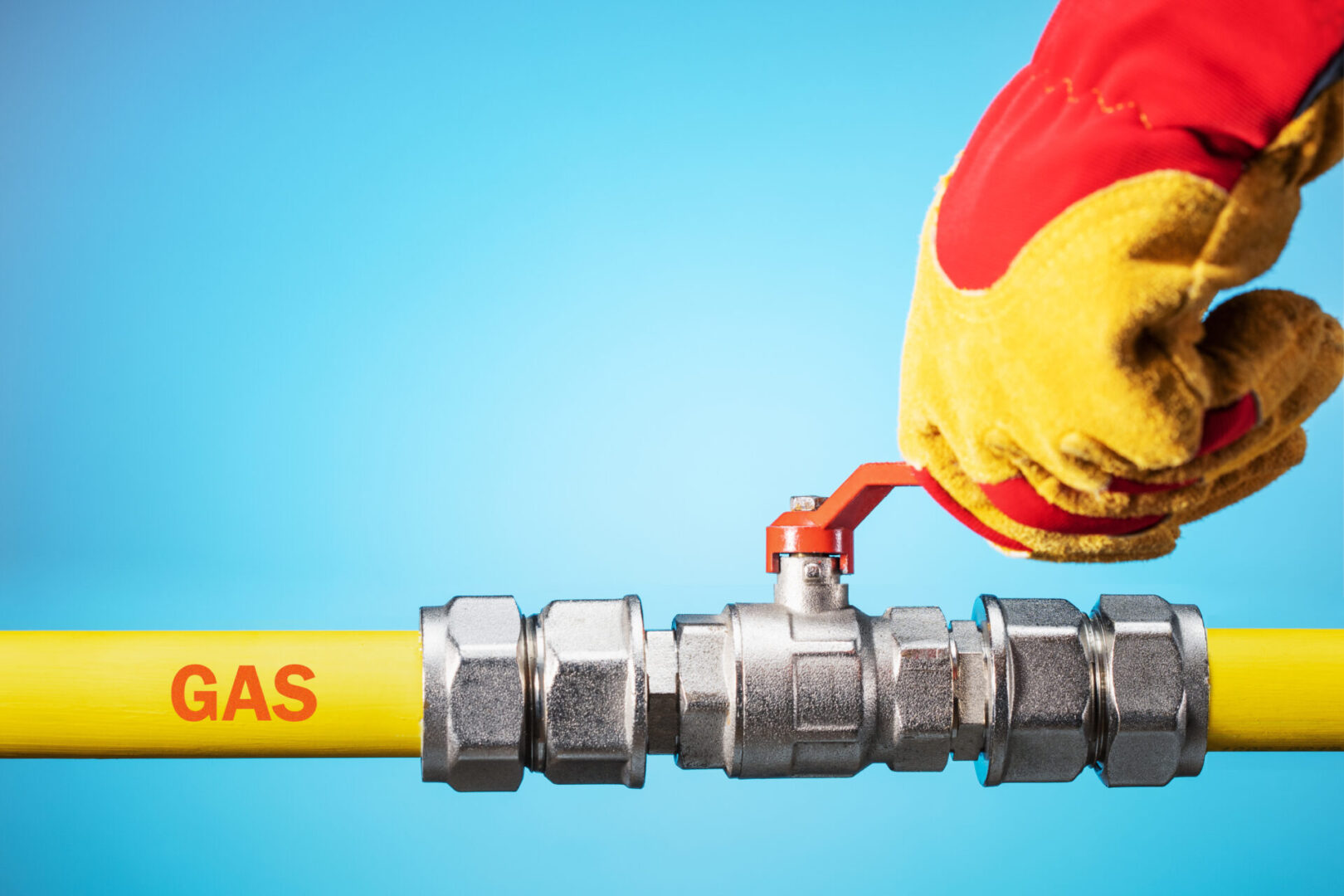
What to Do If You Smell Gas: Recognizing and Responding to Leaks
Natural gas is one of the major forms of energy used by humans today, but it is also the one most people fear due to its potential for being without detection and causing accidents. That’s why gas is intentionally added with a chemical called mercaptan to give it a smell that people can distinguish, making it possible for them to recognize gas leaks. One of the leading causes of death associated with gas is not knowing the right course of action to take first in the case of a suspected leak.
In this blog we will discuss the immense possibilities that technology offers to fight the problem of water leaks. We will discuss the signs of gas leak, actions to take, and the utility of odorization in the pipeline.
Identifying a Gas Leak
Gas leaks can occur anywhere along a pipeline system, whether it’s in your home, business, or outdoors. The most well-known and noticeable marker of a leak is the rotten egg smell produced by the added mercaptan. But there are other signs which one should pay attention to:
• Strange Noises: Escaping gas can sometimes produce a sound like hissing or whistling which can be quiet or loud if it is near appliances, pipelines, or gas meters.
• Brown Areas: Below the surface a gas leak can kill grass or vegetation and, therefore, can lead to localized brown spots which are easily visible.
• Water Bubbles: If a leak is located very close to a water source, you may be able to see bubbling water even when it is undisturbed.
• Vomiting or Dizziness: Inhaling the gas leaks may cause physical symptoms of vomiting, fatigue, or dizziness.
Upon noticing any of these signs, please take precautionary measures to ensure your health and safety.
What Should You Do if You Smell Gas?
Smelling gas can be quite disturbing, but with fast and appropriate action things can be handled properly and it can be prevented. Here are the steps to follow:
Emergency Escape
If you sense gas indoors, get out of the building immediately without even thinking of checking your belongings. If you are outdoors, go upwind of the suspected location.
Avoid Using Electronics or Open Flames
Do not turn lights on, use your cell phone, or light any flames at all. Even little sparks can ignite leaking gas.
Call for Help
After you have gone to a safe place, reach your local gas company, or the emergency number, to report the leak. Most gas companies are available 24/7.
DON’T Try To Fix It Yourself
Under no circumstances should you ever try to find or repair a gas leak by yourself. This should only be the task of the trained professionals who have the right tools for the job.
Inform Other People About It
If you are in an area with numerous people, it is your responsibility to warn your neighbors or passersby about the danger so that they can take measures too.
Why Odorization Is Critical
The nose-catching scent of gas that directs you to a leak does not naturally occur. Instead, it is added to gas through a process called odorization, where odorant chemicals like mercaptan are injected into the gas. This safety measure helps in the early detection of even minute leaks before they turn into a real threat.
Natural gas pipelines are subject to federal regulations which require them to be odorized in order to alert folks about the gas leaks. Pipeline Conditioning is the premier service provider that help pipelines comply with safety rules and protect communities.
Widely Held Misunderstandings about Gas Leaks
“Nothing is out of the ordinary; thus, there is no leak.”
While odorization is an efficient method, such phenomena as odor fade can affect the smell’s strength. This is why it is necessary to perceive the visual and auditory signs of defects.
“Low-level gas smell has no danger.”
Any gas smell that can be detected should be treated with utmost seriousness. Even a minor leak can turn into a hazardous situation if not repaired on time.
“I’m competent enough to fix a gas leak.”
Gas leaks need a professionally qualified person to repair them. In fact, attempting to fix it can not only be dangerous but it can also violate the rules set out by the local authorities.
How Pipeline Conditioning Improves Gas Safety
At Pipeline Conditioning, we’re committed to ensuring pipelines are safe and leak-detectable through our advanced odorization services. Here’s how we help operators and communities stay safe:
• Odorization Systems: We commission, decommission the systems that are responsible for the continuous and accurate gas odorization.
• Temporary Odorization: During the pipe repairs or tests, we provide portable systems that ensure there are no interruptions in odorization in the pipelines thus ensuring the safety of the people.
• Pipeline Pickling: Our conditioning services fill the new pipelines with odorants that combat odor fade and improve the efficiency of leak detection.
By working with experts like us, pipeline operators can ensure their systems meet regulatory standards and provide the highest level of safety to the communities they serve.
Final Thoughts
Gas odors are the main sign that you have a gas leakage. By learning the steps to detect a leakage, how to react properly, and why tri-detection is important for safety, you could avert accidents. Be it at your home or in your workplace, never take gas smells lightly and work swiftly to ensure your and other people’s safety.
For operators and pipeline managers, maintaining proper odorization systems is critical to keeping communities safe. If you’re looking to enhance your pipeline’s safety measures, Pipeline Conditioning is here to help. Contact us today to learn more about our odorization and conditioning services.
Odorant Spills: Small Mistakes with Big Consequences
We often hear people dismiss odorant releases with, “It was just a little spill.” The truth is, there is no such thing as a small…
Why “Good Enough” Odorization is Never Good Enough
We hear it all the time in this industry. “That’s good enough.” It usually comes up when someone wants to move faster, save money, or…
What to Do If You Smell Gas: Recognizing and Responding to Leaks
Natural gas is one of the major forms of energy used by humans today, but it is also the one most people fear due to…
Myths and Truths About Odorization
Odorization is one of the most important safeguards in the natural gas industry, but it is also one of the most misunderstood. We hear the…
From Pipeline to Stove: The Journey of Safe Gas
Every October, Natural Gas Week gives us a chance to step back and appreciate one of the most important energy sources in our daily lives.…
The Real Cost of False Leak Calls
When it comes to odorization, one of the most common mistakes we see is over-odorization. Some contractors think adding a little extra odorant “just to…
The Benefits of Partnering with a Specialized Odorization Service Provider
Expert Solutions for Safety, Compliance, and Operational Efficiency When trying to ensure the safety of natural gas pipelines, odorization is the topmost priority. The addition…
Job Safety Best Practices: Staying Safe in Extreme Heat
As temperatures climb, so does the risk of heat-related illness on pipeline projects. Whether you’re operating a valve trailer in West Texas or overseeing a…
The Importance of Pipeline Pickling for Residential Buildings: Keeping Urban Living Safe
Protecting High-Rise Residents with Proper Pipeline Conditioning and Odorization From the luxury apartments of Manhattan to the sleek towers of Los Angeles and Chicago, high-rise…
Steel vs. PE Pipes: Evaluating Costs and Material Selection for Natural Gas Pipelines
Selecting the appropriate material for natural gas pipelines is a critical decision that impacts both initial investment and long-term operational efficiency. Steel and polyethylene (PE)…
